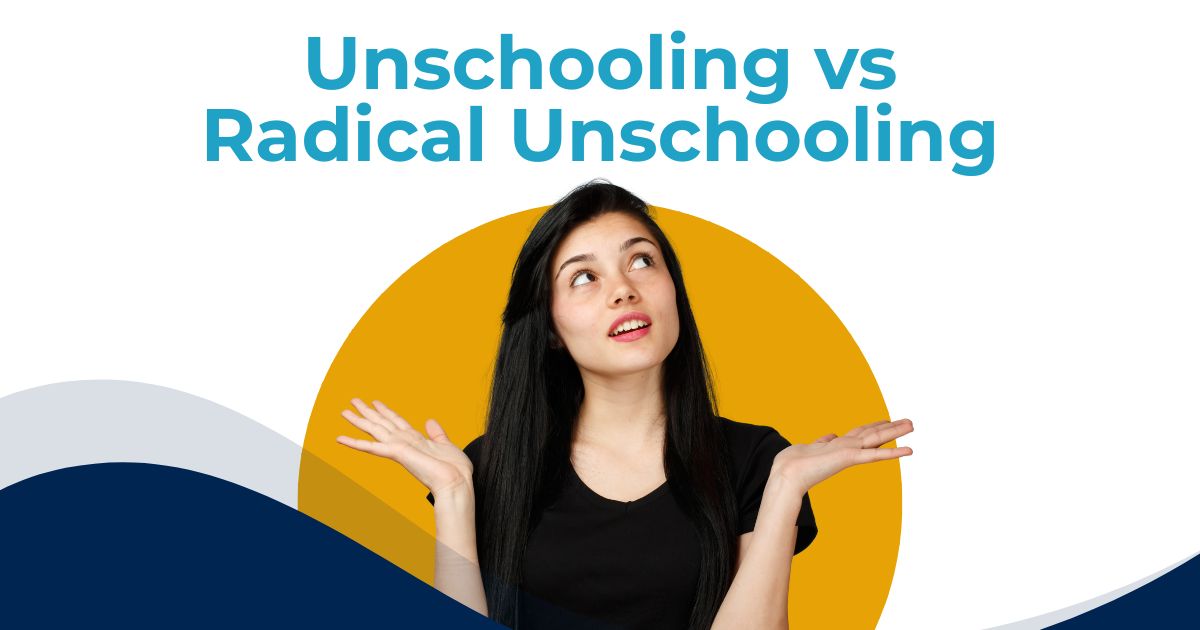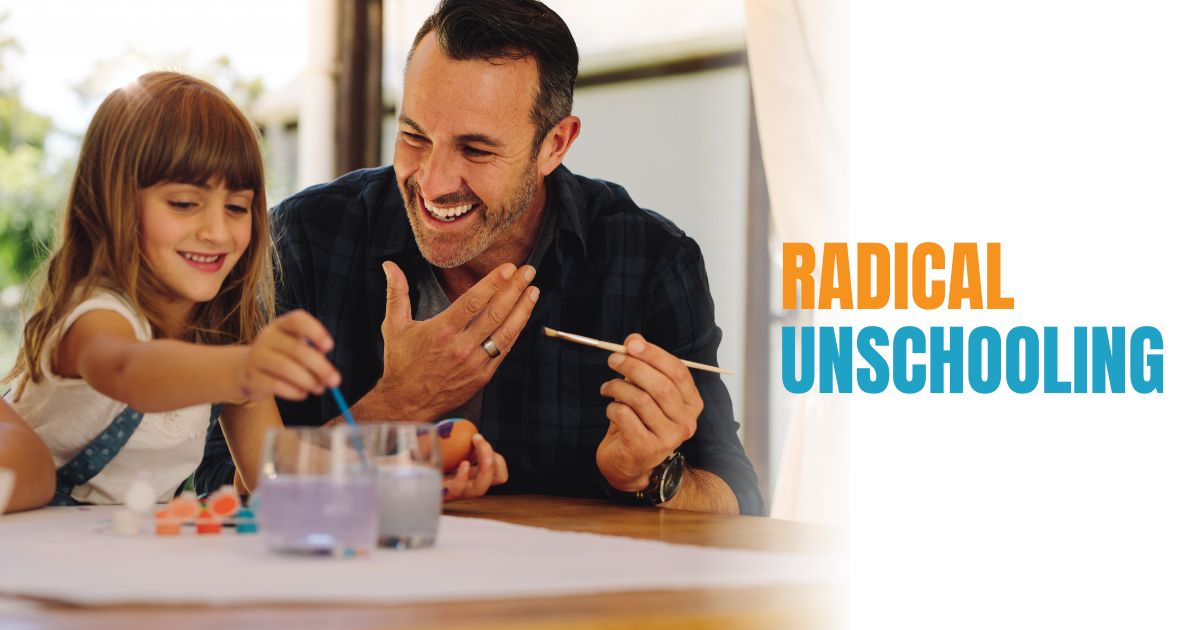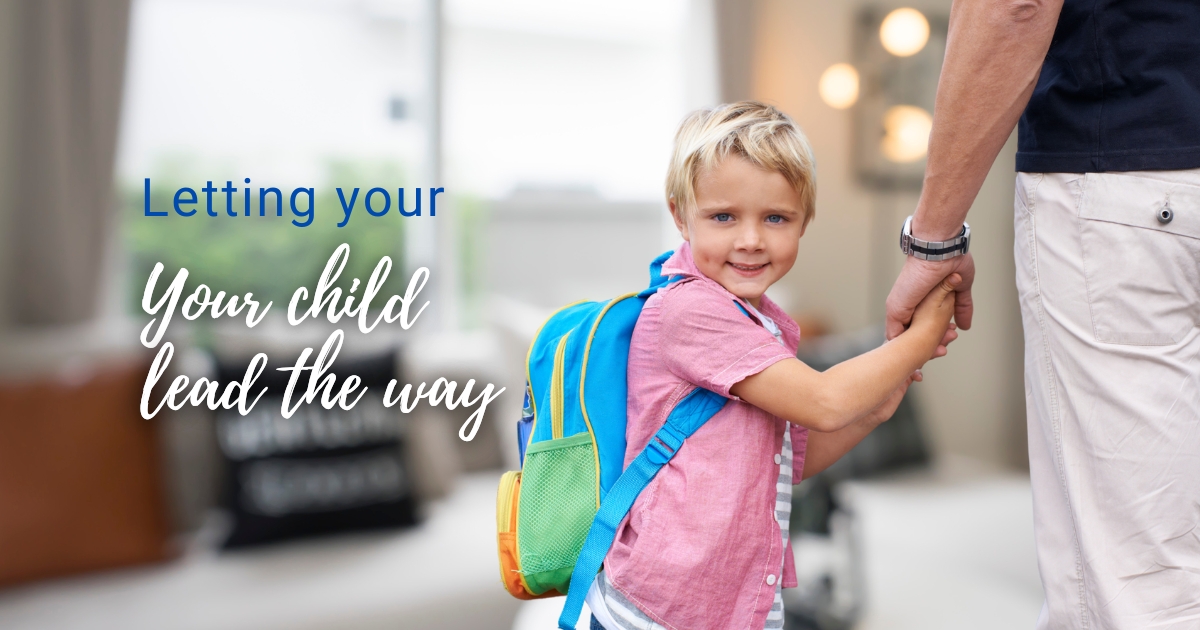Unschooling vs. Structured Homeschooling: What’s the Difference?
So, you’ve decided to homeschool. First off, take a deep breath and give yourself a high-five. That’s a huge, exciting step! Now comes the fun part: figuring out how you’re actually going to do it. You’ve probably heard a million terms thrown around, from Charlotte Mason to Montessori to something called… unschooling? It can feel like trying to choose a single snack from a giant candy store. The big debate often boils down to unschooling vs homeschooling in a more structured sense. On one end, you have a formal, school-at-home setup. On the other hand, you have a free-flowing, child-led adventure. Which path is right for your family?
Let’s break it all down.
The World Of Structured Homeschooling
When most people picture homeschooling, they often imagine a structured approach. This is the “school-at-home” model where parents act as teachers, using a set curriculum, following a schedule, and tracking progress with tests and grades. Think of it as bringing the traditional classroom environment into your living room, but with better snacks and more comfortable seating. This method provides a clear framework, which can be incredibly comforting for families just starting their homeschooling journey. It offers a sense of security, knowing that all the academic bases are being covered according to a pre-planned sequence.
For many parents, the appeal of structure is its predictability and ease of implementation. You purchase a “boxed curriculum” that comes with everything you need: textbooks, workbooks, teacher manuals, and sometimes even science experiment kits. There’s no guesswork about what to teach next or whether you’re meeting state requirements. This approach helps create a distinct line between “school time” and “free time,” which can be beneficial for both parents and children who thrive on routine.
There are several popular structured homeschooling methods, each with its own unique philosophy and focus. Here’s a quick look at some of the heavy hitters:
- Traditional (School-at-Home): This is the most straightforward method. It uses grade-level curriculum, often the same textbooks used in public or private schools. Learning is sequential, and progress is measured through traditional assessments like quizzes and exams.
- Classical Education: This rigorous, language-focused method is based on a three-stage process called the Trivium. It progresses from memorizing facts (Grammar Stage) to logical reasoning (Logic Stage) and finally to eloquent self-expression (Rhetoric Stage). It heavily emphasizes history, literature, and Latin.
- Charlotte Mason: Developed by British educator Charlotte Mason, this method is based on the idea that children are whole persons who deserve a rich, broad education. It uses “living books” (well-written narrative books) instead of dry textbooks, and incorporates nature study, art appreciation, and habit training.
- Montessori: While often associated with preschool, the Montessori method can be adapted for all ages. It emphasizes hands-on, self-directed learning with specially designed materials. The parent or teacher acts as a guide, preparing the environment and allowing the child to explore their interests at their own pace within a structured framework.

Unschooling Vs Homeschooling: A Deep Dive Into Child-Led Learning
Now, let’s wander over to the other side of the educational spectrum: unschooling. If structured homeschooling is a carefully planned roadmap, unschooling is more like an off-road adventure with a compass and a sense of wonder. The core philosophy of unschooling is that children are naturally curious and will learn what they need to know when they are ready. Instead of a top-down, parent-directed curriculum, learning happens organically through everyday life, interests, and experiences.
This doesn’t mean it’s a hands-off, “do nothing” approach. Far from it. Unschooling parents are deeply involved, acting as facilitators rather than teachers. Their role is to strew the child’s path with interesting resources—books, documentaries, museum trips, conversations with experts, project materials—that align with their current passions. If a child becomes obsessed with video games, an unschooling parent might use that interest as a gateway to learning about coding, storytelling, graphic design, or even the physics engines that make the game work.
So, what does a typical “school day” look like for an unschooling family? It doesn’t. There are no set school hours, no required subjects, and no tests. Learning is integrated into life. Here are a few examples of what that might look like:
- Math in the Kitchen: A child helps bake a cake, learning about fractions, measurements, and temperature conversions in a practical, delicious context.
- History through Travel: A family road trip to a historical site sparks an interest in a particular time period, leading to a deep dive into books, movies, and online resources about that era.
- Science in the Backyard: A child who finds a strange-looking bug spends the afternoon researching its species, habitat, and life cycle online and in field guides.
- Language Arts via Hobbies: A passion for a particular fantasy series inspires a child to write their own fan fiction, create a detailed world map, and discuss complex character motivations.
The biggest benefit of unschooling is that it fosters a genuine, lifelong love of learning. Because the child is in the driver’s seat, their education is intrinsically motivated and deeply meaningful to them. They learn how to learn, a skill that is invaluable in our rapidly changing world.
Homeschooling Styles Comparison: Which One Fits Your Family?
Choosing between a structured approach and unschooling isn’t a simple a-or-b decision. Many families find their sweet spot somewhere in the middle, creating a hybrid model that works for them. Perhaps you use a set curriculum for math and language arts but take an unschooling approach to science and history. Or maybe you follow a structured routine during the traditional school year but embrace unschooling during the summer. There are no homeschooling police! The beauty of this journey is the freedom to customize it to your child’s personality and your family’s lifestyle.
Consider your own personality and teaching style. Do you crave the certainty of a lesson plan and a checklist, or does the idea of a rigid schedule make you want to run for the hills? Think about your child. Do they thrive with clear expectations and routine, or do they wilt under pressure and shine when they have the freedom to explore? There is no right or wrong answer, only what is right for you. The goal is to create an environment where your child feels happy, supported, and excited to learn.
To help you decide, here’s a quick comparison:
| Feature | Structured Homeschooling | Unschooling |
| Curriculum | Parent-selected, pre-planned curriculum | No formal curriculum; learning is interest-led |
| Schedule | Follows a set daily or weekly schedule | No set schedule; learning happens anytime |
| Parent’s Role | Teacher and instructor | Facilitator and resource provider |
| Learning Driver | Curriculum-driven and sequential | Child-driven and organic |
| Assessment | Tests, quizzes, and formal evaluations | Observation, conversation, and project outcomes |
| Best For… | Families who value routine, clear expectations, and ensuring no academic gaps | Children who are highly self-motivated and families who value freedom and flexibility |
Find More Homeschooling Gold Here
Navigating the world of homeschooling methods can feel overwhelming, but it’s also an incredible opportunity to design an education that truly fits your child. Whether you go with a detailed daily schedule or let curiosity be your guide, remember that you know your child best. Trust your instincts, be willing to adapt, and enjoy the journey. The perfect approach for your family is out there.
For more practical advice, resource recommendations, and a supportive community to cheer you on, keep exploring our blog. We’re here to help you every step of the way.




















